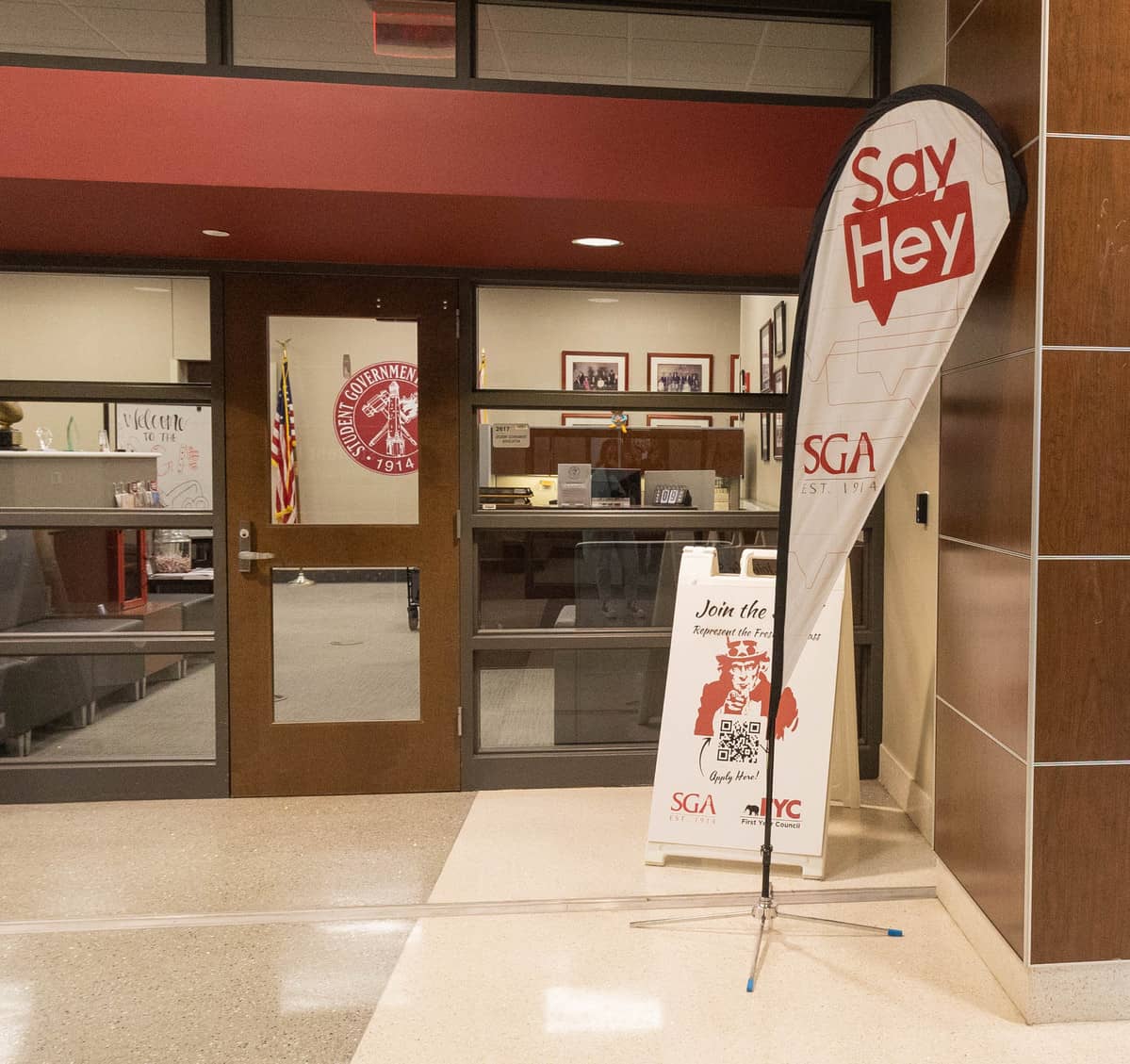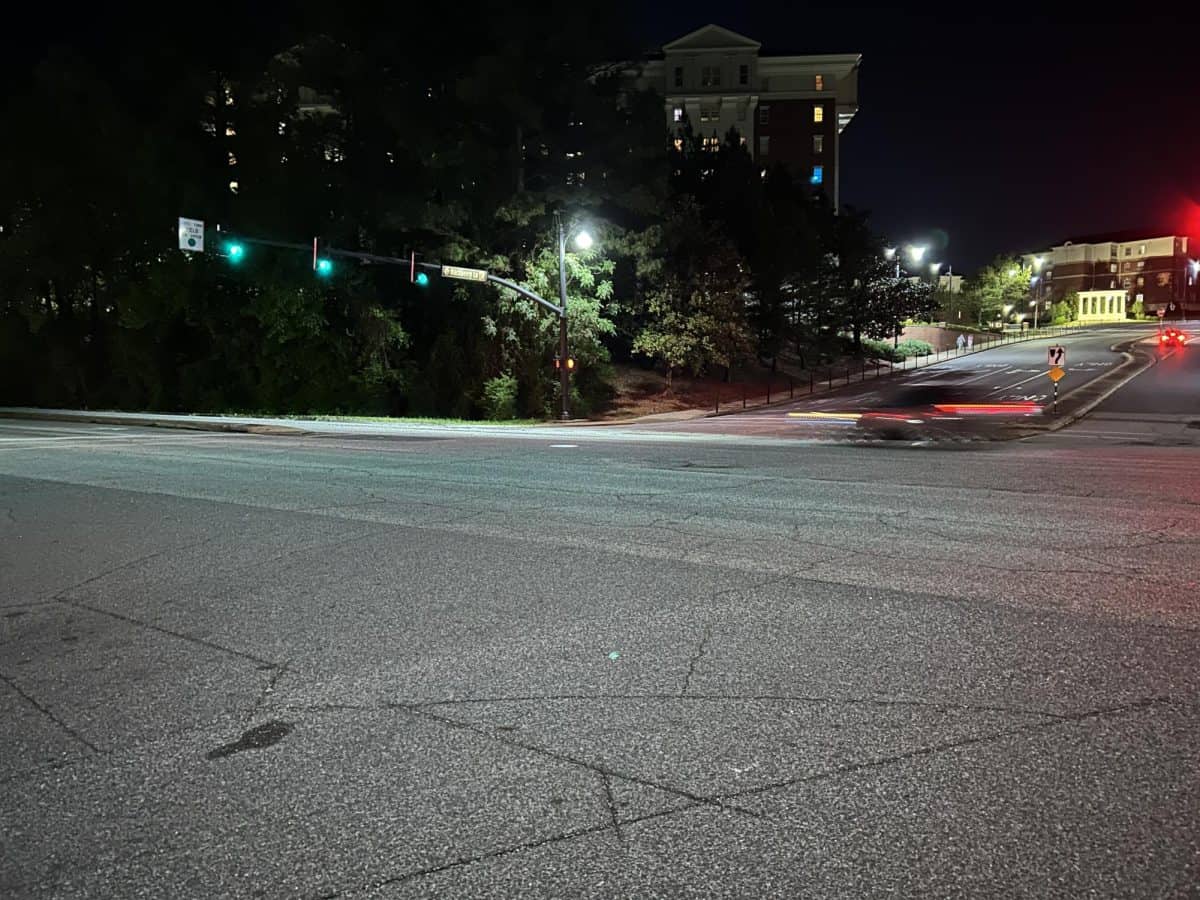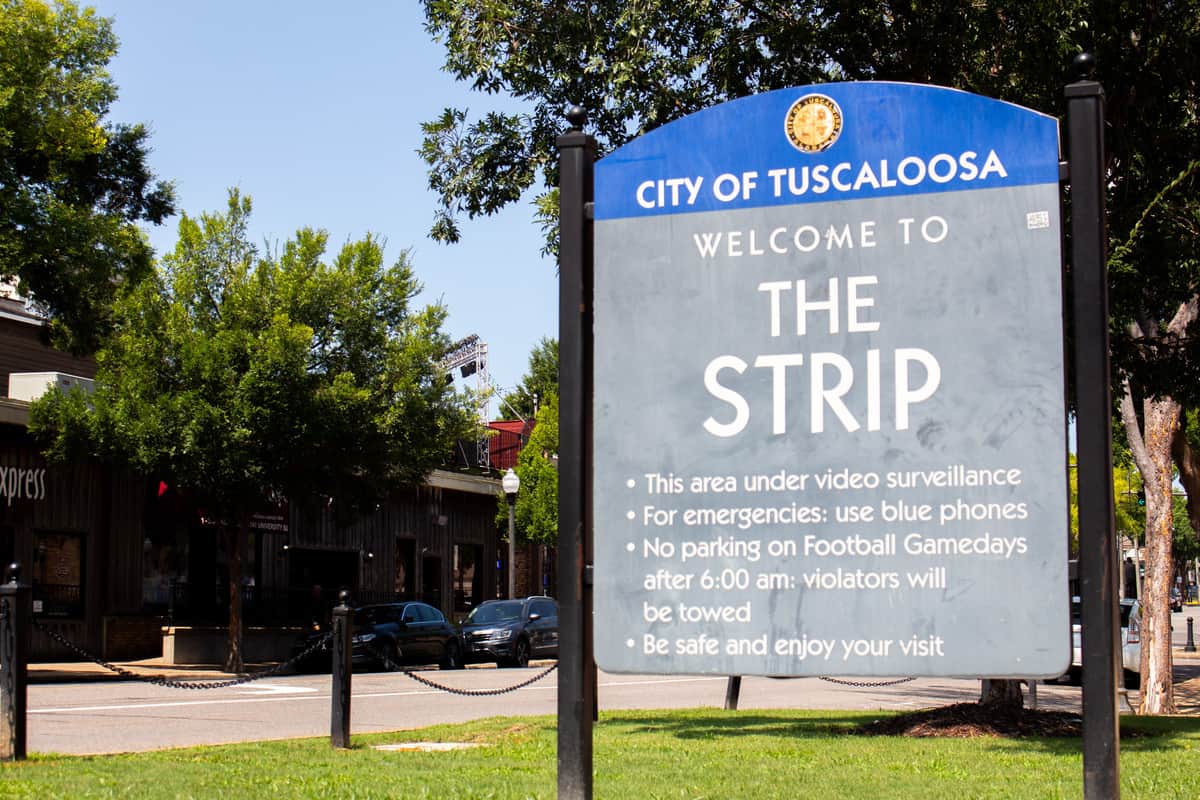The University of Alabama’s School of Social work invites the campus and community to attend a colloquium on Friday, Feb. 20, to discuss Tuscaloosa’s African-American civil rights heritage.
Every year the School of Social Work hosts events with speakers for African-American History Month.
“The School of Social Work is proud to celebrate Dr. Ethel H. Hall African-American Heritage month by hosting a colloquium featuring speakers Rev. Thomas Linton and Mr. Maxie Thomas, two icons of the Civil Rights Movement,” said Vickie Whitfield, the spokeswoman for the University of Alabama’s School of Social Work.
Both Linton and Thomas played instrumental roles in the march in Tuscaloosa during the early 1960’s, which became known as “Bloody Tuesday,” Whitfield said.
“A lot of people are not familiar with what happened on Bloody Tuesday, June 9, 1964 in Tuscaloosa,” she said. “Rev. Linton and Mr. Thomas are going to shed some light and let people know what happened during that time.”
The Bloody Tuesday incident began with an attempt to demand integration of the segregated water fountains. Rev. T.Y. Rogers and Linton were the main organizers who planned the march to the Tuscaloosa County Courthouse to protest segregation, Whitfield said. The march began at the First African Baptist Church, but never made it to the courthouse.
Linton also opened up the first African-American barber shop in Tuscaloosa, called Howard’s and Linton’s Barbershop on T.Y. Rogers Jr. Avenue.
“He has several artifacts in his barber shop from the events that took place during that time,” Whitfield said. “He has so much history on his walls that display some of the incidents that took place during the march.”
Ellen Csikai, chair of the diversity committee in the School of Social Work, said Bloody Tuesday was similar to the march that occurred in Selma. People were injured and jailed as a result of the Bloody Tuesday march, Csikai said.
“We hear a lot about the other events that went on around the state and around the country, but we don’t realize what happened here locally,” she said. “It’s important for us to know our history here in Tuscaloosa.”
After the colloquium attendees are invited to join in an informal conversation and analysis with Thomas at 1:15 p.m.






